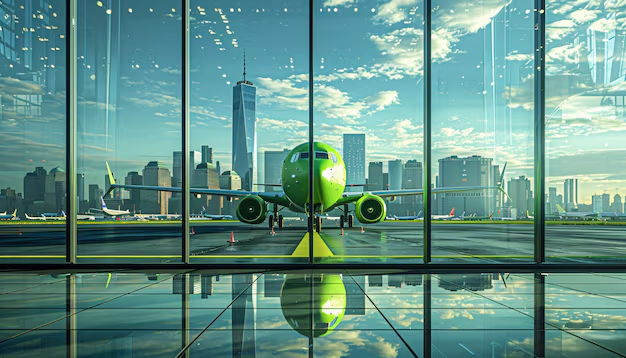
The Dynamics of an Airline Company
Airline companies play a crucial role in connecting people, cultures, and economies worldwide. They are more than just carriers of passengers and cargo; they are complex organizations that operate within a highly regulated and competitive environment. This article delves into the structure, operations, challenges, and future prospects of airline companies.
Structure of an Airline Company
An airline company typically consists of several key departments working together to ensure smooth operations:
- Flight Operations: Responsible for the management of pilots, flight attendants, and the overall safety and efficiency of flights.
- Ground Operations: Handles airport activities, including baggage handling, aircraft maintenance, and customer service at terminals.
- Commercial Department: Focuses on marketing, sales, revenue management, and route planning to maximize profitability.
- Finance and Administration: Manages financial planning, accounting, and human resources.
- Safety and Compliance: Ensures adherence to international aviation regulations and safety standards.
Operational Aspects
Operating an airline involves meticulous planning and coordination. Key operational aspects include:
- Fleet Management: Deciding the types of aircraft to operate based on route demand, fuel efficiency, and maintenance costs.
- Route Planning: Analyzing market trends to determine profitable routes and optimal flight schedules.
- Crew Scheduling: Ensuring pilots and cabin crew meet legal work-hour limits while covering all scheduled flights.
- Maintenance: Regular inspections and servicing of aircraft to guarantee safety and reliability.
Challenges Faced by Airline Companies

Despite their vital role, airline companies face numerous challenges:
- High Operating Costs: Fuel, labor, and maintenance are major expenses that can fluctuate significantly.
- Regulatory Compliance: Airlines must adhere to strict national and international aviation regulations.
- Economic Sensitivity: The airline industry is highly sensitive to economic downturns, geopolitical tensions, and pandemics.
- Environmental Concerns: Increasing pressure to reduce carbon emissions and adopt sustainable practices.
The Future of Airline Companies

The future of airline companies is shaped by technological advancements, evolving passenger expectations, and environmental considerations:
- Sustainability Initiatives: Development of more fuel-efficient aircraft and exploration of alternative fuels to reduce environmental impact.
- Digital Transformation: Adoption of advanced technologies for better customer experiences, such as biometric boarding and personalized services.
- Global Connectivity: Expansion of international routes and partnerships to meet the growing demand for global travel.
- Resilience Planning: Enhanced strategies to manage crises, such as health pandemics or sudden economic shifts.
Conclusion
Airline companies are dynamic entities that require careful management, strategic planning, and the ability to adapt to changing conditions. As global travel continues to evolve, airlines must innovate and embrace sustainable practices to thrive in the future.



